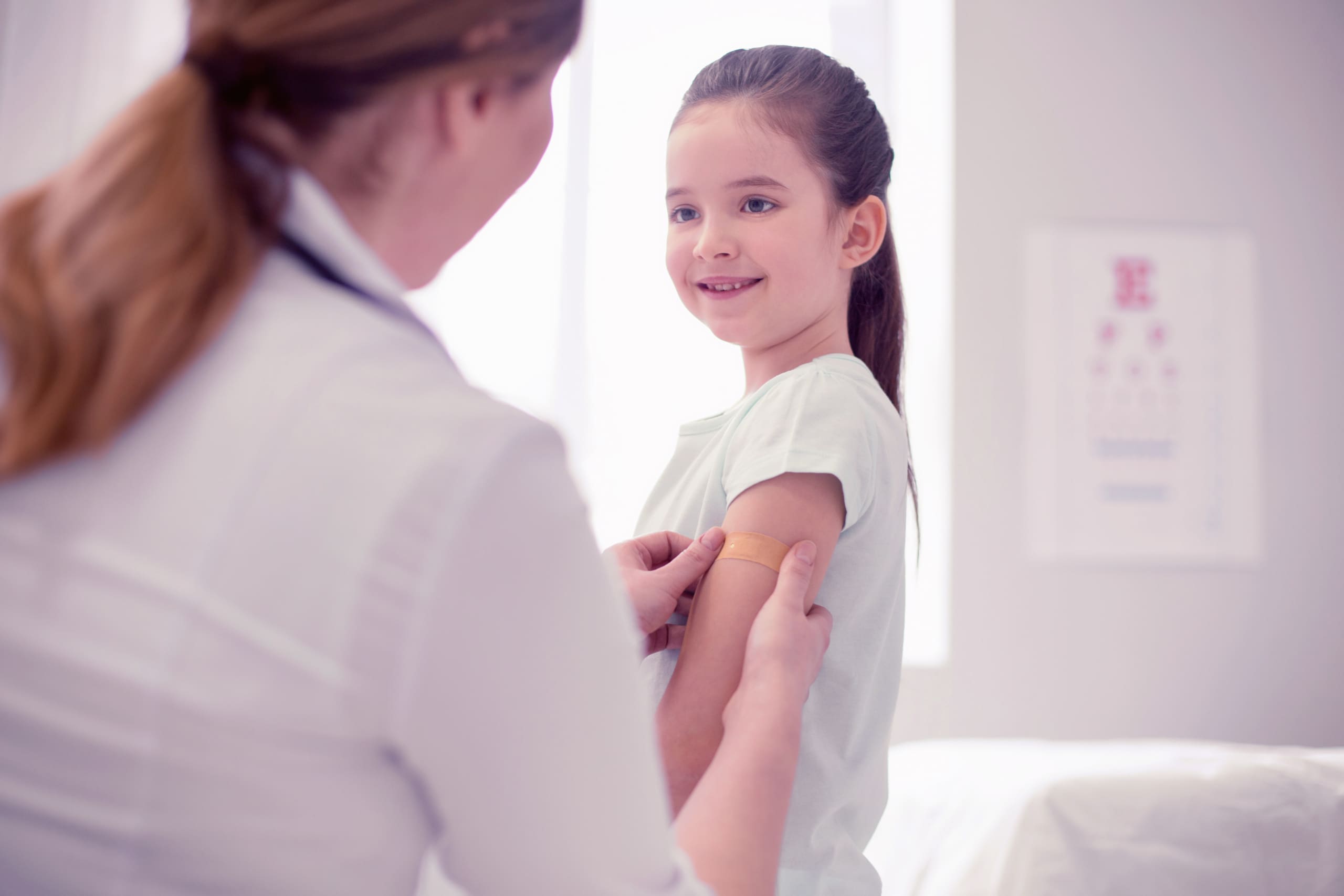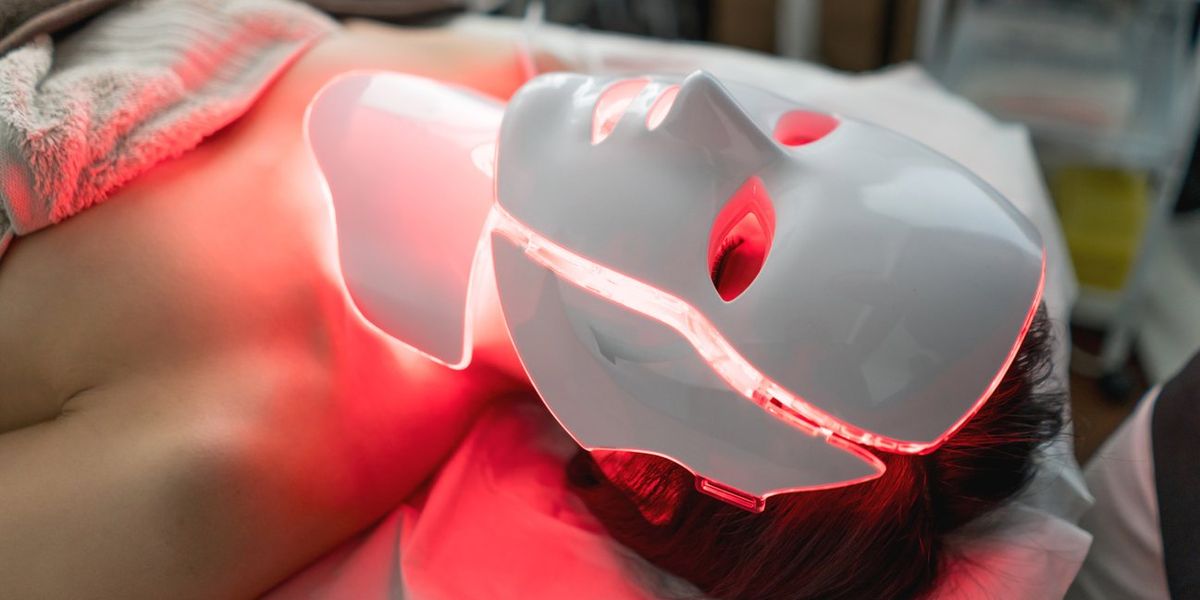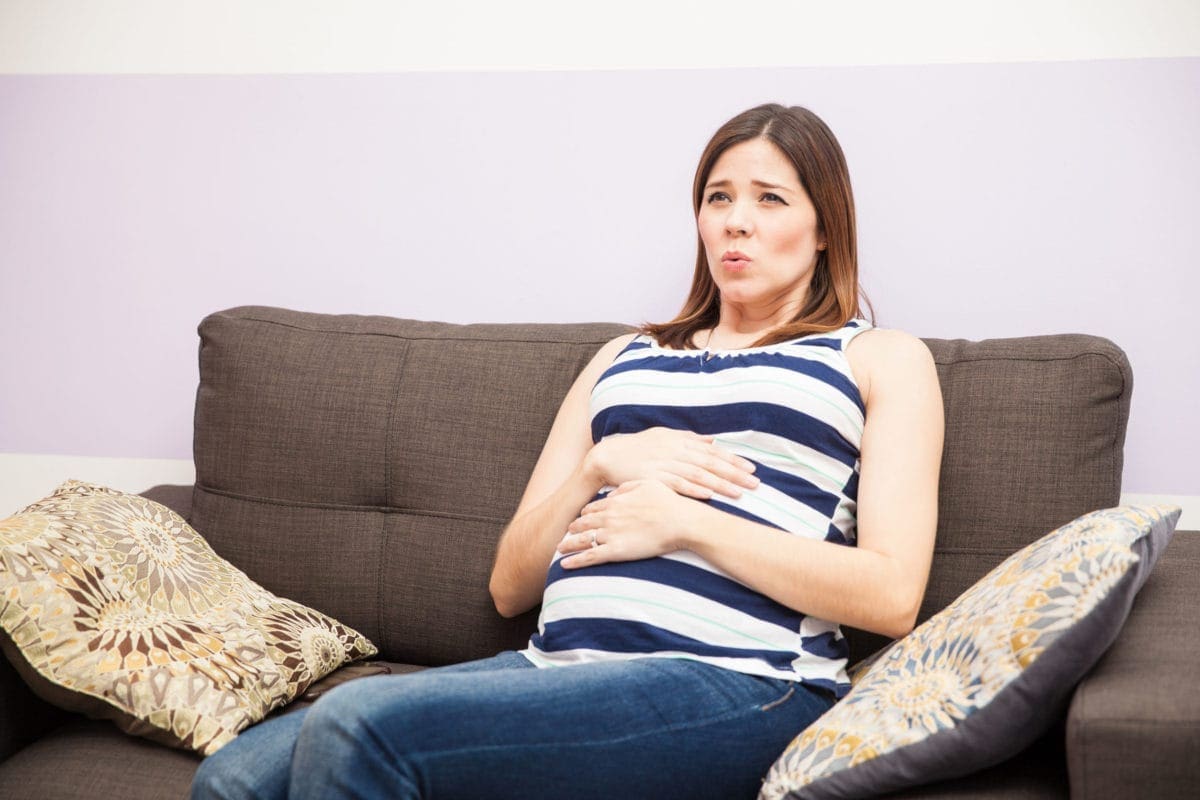
Path to better health
Childhood vaccinations are required in certain situations, such as traveling or attending school. And many people have questions about vaccinations in general, such as:
When should I vaccinate my child?
Recommendations on when to vaccinate your child change from time to time. You can get a copy of the most up-to-date version here. Childhood and adolescent vaccination schedule from the American Academy of Family Physicians and the Centers for Disease Control and Prevention (CDC). Or you can ask your family doctor. Your child usually gets his or her first vaccine shortly after birth.
Are there reasons why my child should not be vaccinated?
In special situations, children should not be vaccinated. For example, some vaccines should not be given to children who have certain types of cancer or certain diseases. Vaccines should not be given to children who are taking medications that reduce the body’s ability to resist infections.
If your child has had a severe reaction to the first injection in a series of injections, talk to your family doctor about the pros and cons of giving your child the rest of the injections in the series.
Do vaccines have side effects?
Some vaccines may cause mild, temporary side effects, such as fever, pain or a lump at the injection site. Your GP will discuss the possible side effects of certain vaccines with you.
Talk to your doctor if you have any questions about whether your child should receive a vaccine.
What is the flu vaccine (also called influenza vaccine)?
This vaccine is available as an injection or nasal spray. The nasal spray vaccine contains live but weakened viruses. You cannot get the flu from the injection or nasal spray vaccine. The flu vaccine is given at the beginning of the flu season, usually in October or November.
The flu vaccine is safe for children 6 months and older. The nasal spray vaccine is safe for children 2 years and older. Flu viruses change from year to year. It’s important for your child to get the vaccine every year to be protected. Children are more likely to have complications from the flu, such as needing to stay in the hospital or even dying.
What is the DTaP vaccine?
This is 3 vaccines in one shot. It protects against diphtheria, tetanus, and whooping cough. It is given in a series of 5 shots. The first is given when a child is 2 months old. The last is given when a child is 4 to 6 years old. Diphtheria attacks the throat and heart. It can cause heart failure and death. Tetanus is also called “lockjaw” and can cause severe muscle spasms and death. Whooping cough (also called “pertussis”) causes severe coughing. It makes it hard to breathe, eat, and drink. It can cause pneumonia, seizures, brain damage, and death. The DTaP vaccine protects your child against these diseases for about 10 years. The Tdap vaccine is used as a booster for the DTaP vaccine. It prevents tetanus, diphtheria, and whooping cough. It is given when a child is 11 years old or older.
What is the rotavirus vaccine?
The vaccine protects against a virus called rotavirus. Children receive one dose at 2 and 4 months of age, or a series of three doses at 2, 4, and 6 months of age. It depends on what your doctor recommends. All doses should be given before 8 months of age. Rotavirus causes diarrhea, mainly in infants and young children. Diarrhea can be severe and cause dehydration, often requiring hospitalization. Rotavirus can also cause vomiting and fever in infants.
After rotavirus vaccination, call your family doctor if your child has stomach pain with severe crying (which may be brief), vomiting, blood in the stool, or appears weak or very irritable. This is especially important within the first seven days after rotavirus vaccination. Contact your doctor if your child has any of these symptoms, even if it has been several weeks since the last dose of the vaccine.
What is the IPV vaccine?
The inactivated polio vaccine (IPV) helps prevent polio. It is given four times in one shot, from 2 months to 6 years of age. Polio can cause muscle pain and paralysis of one or both legs or arms. It can also paralyze the muscles used for breathing and swallowing. It can cause death.
What is the MMR vaccine?
The MMR vaccine protects against measles, mumps, and rubella (MMR). It is given in two doses when a child is 1 year old and another when he or she is 4 to 6 years old.
Measles causes fever, rash, cough, runny nose, and watery eyes. It can also cause ear infections and pneumonia. Measles can also cause more serious problems, such as brain swelling and even death.
Mumps causes fever, headache, and painful swelling of one or both of the major salivary glands. Mumps can cause meningitis (infection of the membranes covering the brain and spinal cord) and, very rarely, swelling of the brain. Rarely, it can cause swelling of the testicles in boys or men, which can prevent them from fathering children.
Rubella, also called German measles, causes a mild fever, rash, and swollen glands in the neck. Rubella can also cause brain swelling or bleeding problems.
If a pregnant woman gets rubella, she may lose her baby or have a baby who is blind, deaf, or has learning disabilities.
Some people have suggested that the MMR vaccine causes autism. However, research has shown that there is no link between autism and childhood vaccines.
What is the Hib vaccine?
The Hib vaccine helps prevent Haemophilus influenza type b, a leading cause of severe illness in children. It can cause meningitis, pneumonia, and severe throat infection. The Hib vaccine is given in a series of 3 or 4 shots, from 2 months to 15 months of age.
What is the chickenpox vaccine?
The chickenpox vaccine helps prevent chickenpox. It is given to children once they are 12 months old and again between ages 4 and 6, or to older children if they have never had chickenpox or have been vaccinated.
What is the HBV vaccine?
The HBV vaccine helps prevent hepatitis B virus (HBV) infection, a liver infection that can lead to liver cancer and death. The vaccine is given in a series of 3 injections, with the first given shortly after birth.
What is the pneumococcal conjugate vaccine?
He pneumococcal conjugate vaccine (PCV) It protects against a type of bacteria that is a common cause of ear infections and pneumonia. This type of bacteria can also cause more serious illnesses, such as meningitis and bacteremia (infection in the bloodstream). Infants and toddlers are given 4 doses of the vaccine at 2, 4, 6, and 12 months of age. The vaccine can also be used in older children who are at risk for pneumococcal infection.
What is the meningococcal conjugate vaccine?
The meningococcal conjugate vaccine (MCV4) protects against four strains (“types”) of bacterial meningitis caused by the bacteria N. meningitidis. Bacterial meningitis is an infection of the fluid surrounding the brain and spinal cord. It is a serious illness that can cause high fever, headache, stiff neck, and confusion. It can also cause more serious complications, such as brain damage, hearing loss, or blindness.
Children should receive the MCV4 vaccine between 11 and 12 years of age. Children 12 years of age or older who have not received the vaccine should receive it before starting secondary school.
What is the HPV vaccine?
The HPV vaccine helps prevent human papillomavirus infection, which can cause cervical cancer, anal cancer, head and neck cancer, and genital warts. It is given in a 2-dose series if given around age 11 or 12. The second dose is given 6 months later. Children who start receiving the vaccine at age 15 or later need three doses given over a 6-month period.
What is the COVID-19 vaccine?
The Pfizer-BioNTech and Moderna COVID-19 vaccines are available for children 6 months and older. They are designed to reduce severe illness, hospitalization, and death from the COVID-19 virus. The vaccine may reduce transmission of the virus, but it does not guarantee that a child will not get it. While it is not a requirement for school attendance, the American Academy of Family Physicians has endorsed the vaccine. The Academy believes it will help prevent COVID-19 infection in this age group. It will also help children improve their emotional and social development by reducing the need for future school closures, disruptions, and quarantine periods. It will also allow sports, extracurricular activities, and other school activities to take place without the risk and anxiety associated with the virus.
Things to consider
Vaccines are generally safe. The protection they provide far outweighs the small risk of serious side effects. Thanks to vaccines, many serious childhood diseases are now rare. Without vaccines, diseases can come back and affect a large portion of the population. For example, in 2019, there was a measles outbreak. Measles is a serious disease that can lead to complications and death. Before the recent outbreak, measles cases were relatively low. According to the Centers for Disease Control and Prevention (CDC), most cases in the 2019 outbreak were among people who did not receive the measles vaccine.
Questions to ask your doctor
- What are the chances of my child getting sick if he or she doesn’t get vaccinated?
- How can I protect my newborn from exposure to another child who has not been vaccinated?
- Why do people believe vaccines cause autism?
- Can my child have an allergic reaction after a vaccine?
- Should my child wear a mask in public to avoid COVID-19 even if he or she is vaccinated?
Resources
American Academy of Family Physicians (AAFP): Vaccination Schedule
Centers for Disease Control and Prevention: Infant and Childhood Immunization Resources





